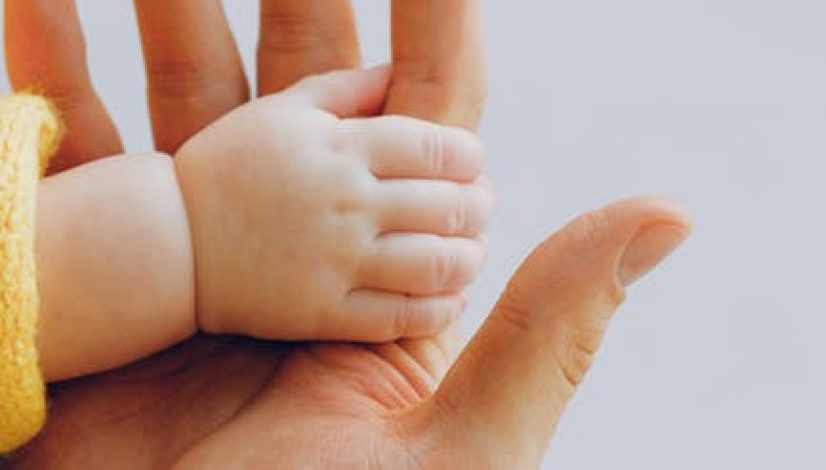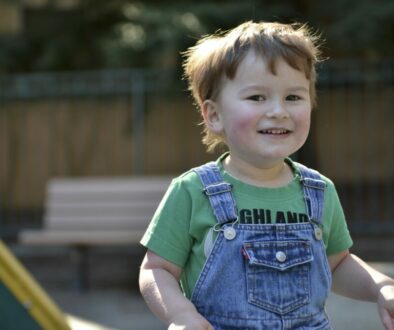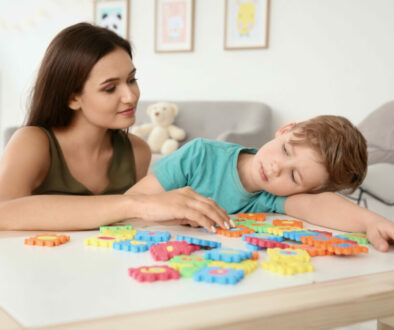A Guide to the Signs of Autism in Infants
The key to any illness is early detection and intervention, and autism it’s no different.
Babies that fall on the autism spectrum will typically have a delay in their social ques, motor skills, verbal skills, and have what seems like odd reactions to certain things. Autistic infants may be difficult to soothe and may seem standoffish in the way they react to both you and others.
The earlier the detection time, the better. You’ll be able to prepare and adjust both your life and your child’s to get them as close to normal life as possible for them. It’s important to be mindful when watching your infants going through their various stages.
Many children with autism show signs at a young age. But what are the signs?
Here is a guide to the signs of autism in infants.
Autism and Infants
Spotting autism early can sometimes be difficult to do. Although an autism diagnosis can be made between 18 and 24 months, it usually isn’t made until the ages of 4 to 5. But this doesn’t mean that you can’t notice some atypical differences in your baby.
As a parent, watching your baby’s milestones is a special gift. There is a range of habits, skills, and actions that your baby should be doing by a certain age. Though there are exceptions, most of the time autistic children will be very delayed in their development cycle.
Signs of Autism In Infants
It’s important to note that every baby is unique and their symptoms or development may be different than what’s listed here below. It’s always best to consult your pediatrician or find a pediatric specialist in development to discuss any abnormal or odd habits that your baby is showing that could be signs of autism in infants.
Newborn to 3 Months
In this age range, your baby should be following objects with their eyes and making eye contact with you and individuals they see. Babies will also start smiling around this age, begin babbling, and grasp objects in their hands.
Those who may be on the autism spectrum will mostly avoid any type of eye contact and will typically not smile or exhibit many facial expressions. Autistic children will also likely not be reactive to loud sounds and noises as neurotypical children would.
If you suspect autism you may even notice that your child might get distressed by new tactile things like blankets, clothing, and bedding. If you notice your baby getting fussy with new textures, autism may be a link.
3 Months to 7 Months
By this age, your baby should begin to laugh and smile in return when playing a game with you. Most neurotypical babies will show interest in a game of peek-a-boo and will react during play. Autistic babies, will usually not smile or react during gameplay.
Another key development point that might be missing in autistic infants is turning to locate sounds they’re hearing, and also doing things to get attention from you. If a sound or noise happens to their left they should rotate their head and eyes to look at what it was.
Typical infants will begin being curious about new individuals and stare at them and want to explore the world through all their senses. You will notice normally developing babies will not shy away from experiencing new tactile senses by touch and by putting things in their mouths. Atypical infants will not be happy about new experiences or meeting individuals.
7 Months to 12 Months
During this stage, your baby should be responding to their name by looking at you when you call it. They should also start crawling and beginning their talking stage by using single words. Atypical children will be very delayed in their speaking and motor skill movements and development.
You might also notice that your child is a little cold in their reactions as autistic children typically can’t interpret social queues properly and aren’t as affectionate as neurotypical children. Sometimes, autistic children may even not like to be held, hugged, or touched by anyone and may be fussy or reactive when forced to do so.
What To Do If You Suspect Autism
Firstly, do not blame yourself or your parenting skills. It’s still researched and debated what the factors are that create autism in children. But it has nothing to do with how good or fit of a parent you are to your child.
Secondly, you will want to seek the advice of a medical professional in confirming your suspicions by booking an appointment at a development assessment center. For example, in the state of Texas, parents can book development assessment appointments online to confirm an autism diagnosis. Make a list of the various differences you notice in your child that you consider abnormal so that you don’t miss anything that could help a potential diagnosis.
As previously mentioned, early intervention is key in helping your child develop coping skills for their autism as well as help your family establish an environment that will support your child. Sometimes as well depending on the severity of symptoms, intervention can possibly even reverse some habits and let them live a normal life.
Whichever the case, bringing abnormal behavior to your doctor’s attention is key for any suspected illness. It’s better to be overly cautious and ask as many questions as possible than take a wait and see approach and potentially miss intervening early.
If You Suspect Signs of Autism In Infants
During your child’s development, it’s helpful to keep a notebook to jot down events, milestones, and unusual things you may witness during their development. This is a great way of keeping a log of both memories, but also any potential issues that a medical professional might want to look into.
If you’ve read through all the signs of autism in infants and suspect your child may be in need of an assessment, please contact us to book an appointment. Our office proudly serves Texas families and residents just like you!



